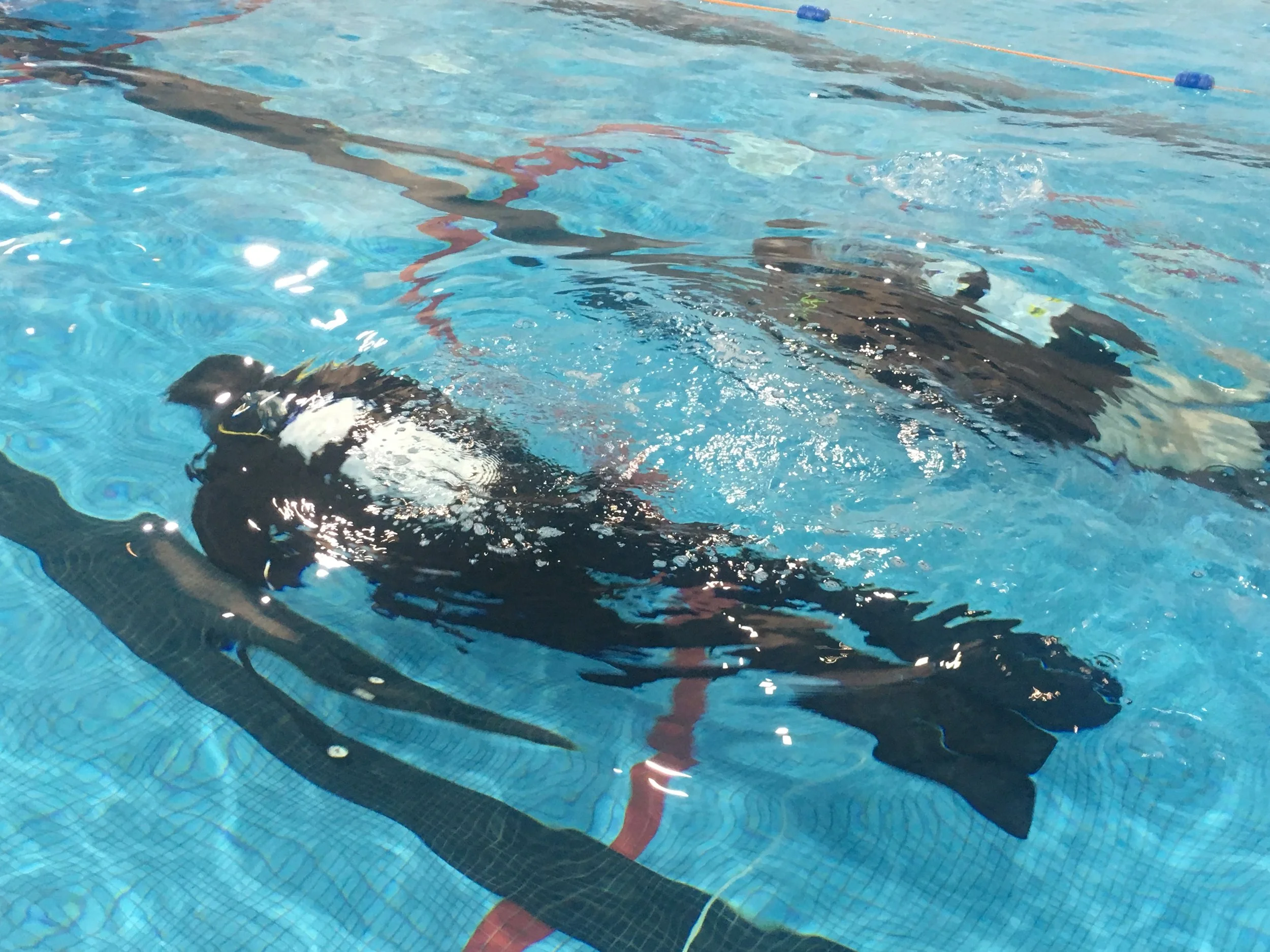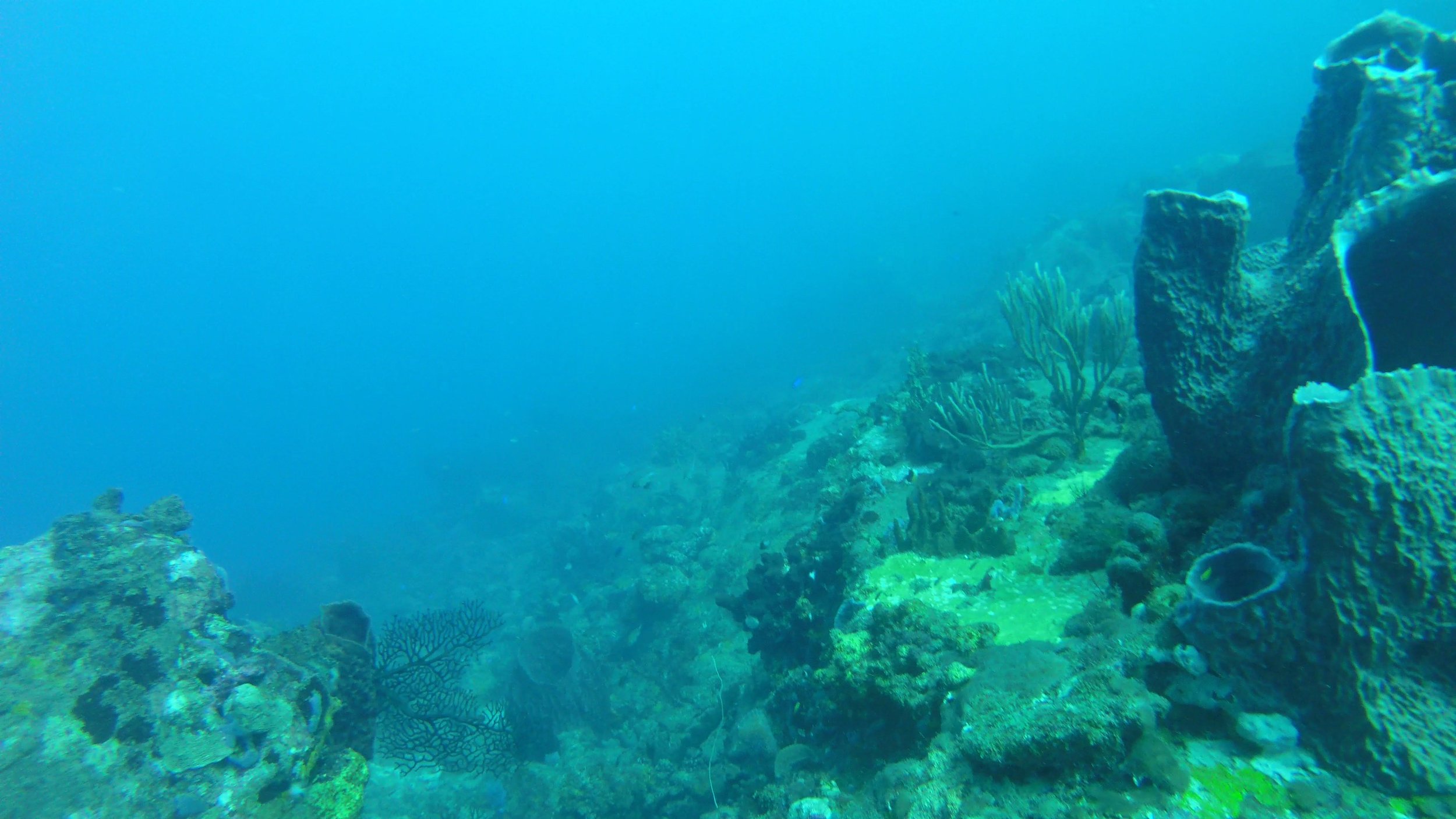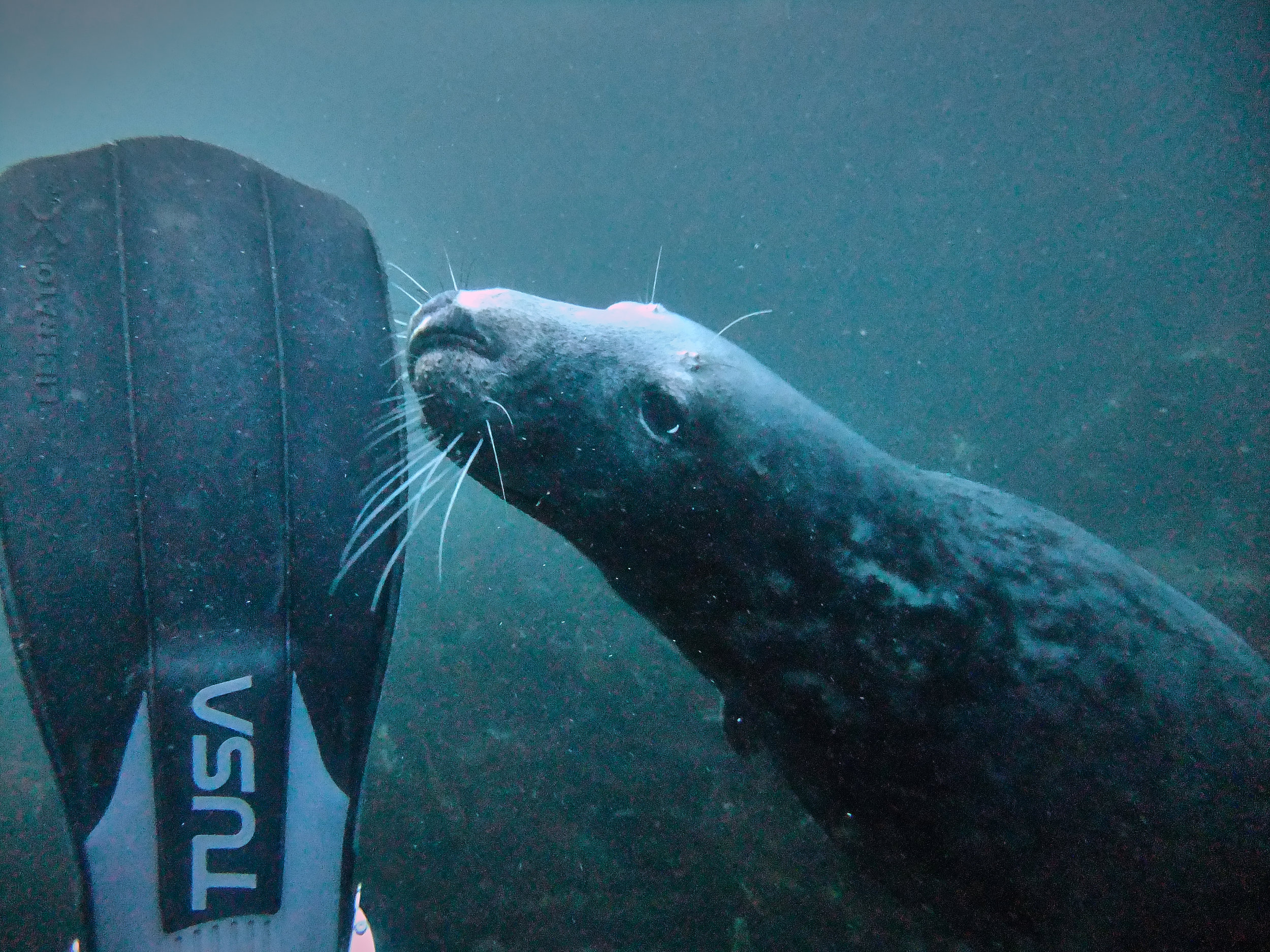
What did you do this weekend?
Frequently asked questions
Have a question that isn’t listed? Feel free to contact us.
How old do I have to be before I can learn to dive?
In principle, we will support children as young as eight (snorkelling) or 14 (scuba diving) to undertake their training with us. However, we reserve the right to defer training if we are not confident in an individuals ability or water confidence. If you’re under 18 and would like to train with us, we will also need written permission from a parent or guardian before you can start your training. Access to Club pool sessions and trips are open to members and their families/friends (of any age), however, participation in dive activities is restricted to qualified Club members.
I can’t swim very well. Is that a problem?
You don’t have to be an Olympic swimmer but being comfortable in water is important for all snorkelers and divers. As part of the ‘Ocean Diver’ training programme, you will need to comfortably complete a 200-metre freestyle swim; speed is not important. If you need time to practice your swimming this can be done alongside your underwater lessons.
Can I get a qualification before my holiday this summer?
Scuba training is carried out by qualified club volunteers during a number of evenings and weekends; therefore, completing your qualification will depend on the availability of both you and your instructor. We try to accommodate all trainees by offering training all-year round. We also specifically aim to commence an Ocean Diver training course each spring (although this does depend on numbers and the availability of instructors). In theory, this should enable trainees enough time to gain the qualification before the summer holidays. If you’re in a hurry for diver training you can always consider a BSAC-accredited training centre.
We welcome new snorkelers throughout the year. Snorkel training can be delivered in a shorter period of time, with most trainees taking from a few weeks to a couple of months.
I can’t make all of the training sessions in the programme. What should I do?
Our training programmes are predominantly carried out by nationally qualified BSAC instructors who are also volunteers and members of our Club. In order to keep a healthy pace for training, we strongly recommend that you attend all of the training sessions as discussed with your instructor prior to your course commencing. We do however, also understand that for various reasons this isn’t always possible. Generally speaking, this shouldn’t be a problem. If you miss one of the sessions we can usually arrange for you to complete it at a later date.
We politely request that all of our trainees attend agreed training sessions and arrive promptly; advising the Training Officer or your instructor well in advance, if you are unable to make a prearranged commitment.
I get seasick. Can I go diving?
Yes you can. Everyone is susceptible to some degree of motion sickness now and then. It is important to remember that seasickness can be a completely normal reaction to being on a boat. Most people will experience it at least once, including experienced divers. But you never have to join a dive if you don’t feel like it and there are also ways that you can minimise the chances you’ll get seasick. Not all dives take place from a boat but it is the most common way we dive. Other options include shore-entry dives for those who prefer walking into the water as an entry and exit method.
I have a medical condition. Can I still dive/learn to snorkel?
Before you start your training, you will need to complete the relevant medical declaration form. Declaring a medical condition isn’t necessarily going to cause a problem, although you may need to get a medical referral form completed by a doctor who has been approved by the UK Diving Medical Council as a Medical Referee who, in most cases, will be able to approve your fitness for diving. It is not uncommon for divers to have physical or mental health conditions. As long as they are managed and diving does not cause an adverse reaction or put the individual at risk, most people are able to dive, or at the very least snorkel. All BSAC divers are required to review their fitness for diving each year. You can find out more about this on the UK Diving Medical Council website.
I want to learn to dive, but why should I join a club?
Club diving has many benefits. You get to meet other trainees and divers with various levels of experience making it a great opportunity to chat with like-minded people, make friends and get advice as well as encouragement if you’re just starting out. Being in a club offers you the chance to go on dive trips both in the UK and abroad. Many clubs, including LUEC have their own boats, which gives us the flexibility to choose different locations depending on the dive objective, weather and diver skills. When you start out and begin your diver training (e.g. Ocean Diver) we can also loan you dive equipment or, if you’re planning on buying your own diving gear, many of our members will be happy to provide you with advice and guidance - or perhaps even let you borrow items to try before you buy.
How much does it cost?
Try dives cost just £20 and are the ideal opportunity for you to explore the underwater world before formally committing to a training programme and annual membership. Our snorkelling ‘give it a go’ sessions cost £10; our five week pre-holiday training course costs £50.
Undertaking a formal dive qualification can be deemed to be expensive; however, costs will vary depending on if you have your own equipment, how quickly you progress and how many times you need to visit Stoney Cove to complete your award. Our instructors can provide you with an overview of the estimated costs for each course, based on general market prices at the time of enquiry.
As you progress your training costs tend to lower as you begin to acquire the equipment you need. Membership discounts are available for junior members, students and couple/family members.
Where can I get SCUBA equipment from?
When you start your diver training, you can usually hire the basic equipment you will need from us (our Equipment Officer will be happy to advise you). As you become more proficient, you are likely to want to start buying your own diving equipment. There are a number of places in the East Midlands where you can buy diving gear, including the dive centre at Stoney Cove. Searching online can give you an idea of prices – but one of the advantages of being in a club is that you can chat to other members to get an idea of what to buy, and where.
Does the Club participate in technical diving?
The short answer is ‘sort of’. BSAC does offer technical courses however, these are mainly delivered through the various regional coaching teams and BSAC’s Skill Development Course programme. The majority of diving that is done by LUEC is ‘Club/Sport’ diving and uses compressed air to a maximum depth of 50 metres. This type of diving does not typically involve technical diving although LUEC does have a small but growing group of technical divers who will gladly talk your ear off!
I already have a qualification with another dive agency. Can I join a BSAC club?
Yes. If you have a recognised qualification with another agency, such as CMAS, PADI, NAUI or SSI, you do not have to do any cross-over or further training with us (unless you want to!). It doesn't matter who you trained with (recreational, commercial or military), if you've never dived in the UK before or if you haven't dived for a few seasons - all are very welcome. Instructors who have trained with other agencies are also very welcome. There is a straightforward induction process which recognises instructor qualifications and accreditation to able to deliver BSAC instruction.







